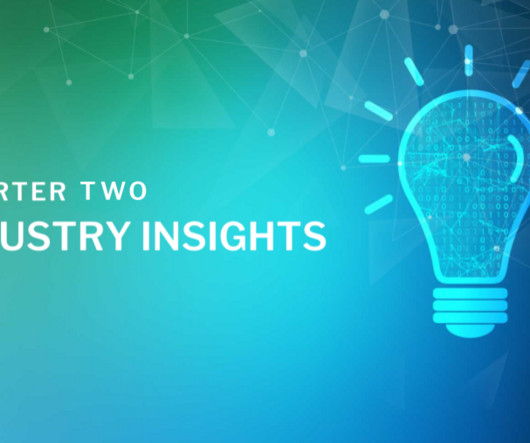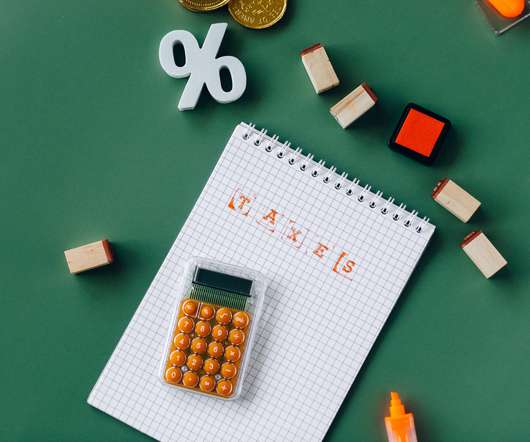10 Ways to Build Credit Without a Credit Card
Credit Corp
SEPTEMBER 16, 2020
These loans often have low interest rates and are accessible to those with poor or nonexistent credit. That’s because you provide all of the collateral for the loan in cash, so it’s not a risk for the lender. Interest rates are typically much lower than credit cards or unsecured personal loans as well.











Let's personalize your content